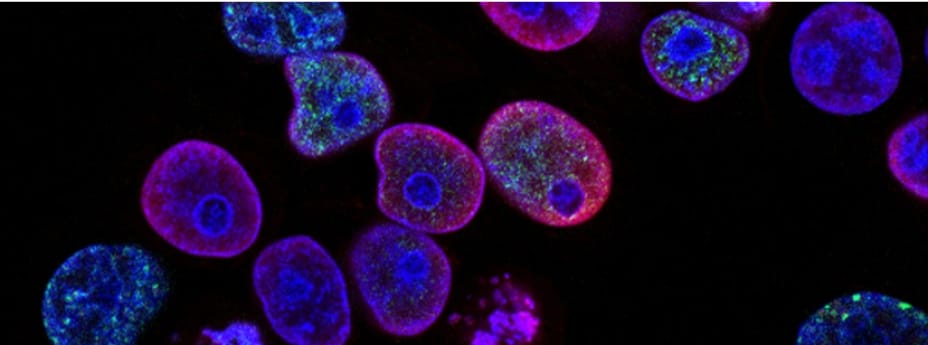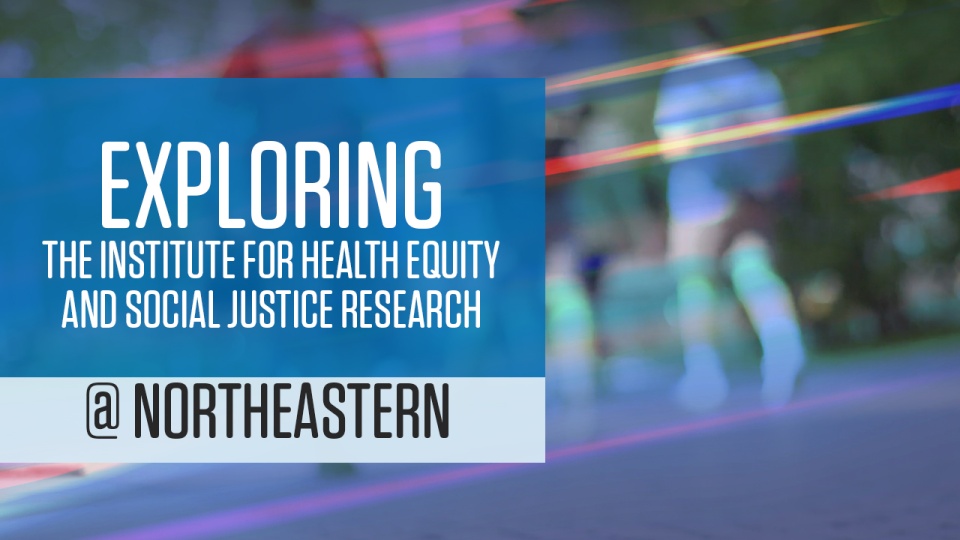current and past projects



Video: Watch Bouvé building a new standard of excellence
Our projects can be divided to four areas of focus:
Below you can see our current and past projects and sorted by research area.
Although legal exclusion in slums has not been featured prominently in global health research, recent studies on Indian cities have shown a strong relationship between legal exclusion and various poor outcomes including infant mortality, child vaccination, child and adult under nutrition, literacy, and educational attainment.
This initiative seeks to understand the mechanisms by which trauma, occurring over the life course, but especially in childhood, “gets under the skin” of patients and shapes how they think, feel, and behave, often for the remainder of their lives.
The Healthy Relationships Project© developed by Prevent Child Abuse Vermont (PCAVT), is a primary prevention intervention that is deployed within school systems to prevent child sexual abuse. The curricula consist of trainings for school staff, six weeks of classroom lessons delivered by either teachers or trainers from outside, and caregiver workshops.
This initiative will select twelve of these diverse communities around the country that are seeking to build a coordinated response to vicarious trauma. They will receive training and technical assistance, and be part of a national learning collaborative, to help develop a vision and action plan that is unique to their respective communities.
The project aids participants’ recovery by increasing access to high-quality, community-based, culturally sensitive outpatient substance abuse treatment services.
The project aims to address a critical research gap and important public health problem. Chinese American adolescents (CAAs) are at elevated risk for mental health concerns, including depression and suicidal ideation. This public health issue is compounded by the cultural barriers to mental health care experienced by Chinese Americans.
The Massachusetts Department of Mental Health is committed to increasing the accessibility and availability of effective information, supports, and services that take into account and respect the diverse cultural and linguistic needs of Massachusetts’ youth and young adults who are at risk for psychosis or who are experiencing the recent onset of psychosis and their families and friends
The direct-service goal of ECMH FIRST is to improve access to high-quality, culturally competent, evidence-based behavioral health services through an innovative Family Partner/Clinician service model for children age 0-48 months and their families in Boston who are involved with the child welfare system.
The purpose of the evaluation study is to determine the effectiveness of the SOC project on early child care service systems’ functioning, children’s mental, behavioral, and developmental health outcomes, and the project’s impact on collaboration across the system of care. The evaluators are also measuring policy changes/fiscal reforms associated with preventative infant early childhood mental health in primary care practices during the period of the study.
This study aims to adapt and modify Adult Basic Medication (ABE) for use in an integrated primary care and wellness center embedded in a busy, public, urban outpatient mental health center. The adapted ABE (ABE-MH) will be service-user informed, recovery-focused, led by an ABE instructor, and supported by peer tutors.
The initiative of the ACE Resource Network to develop a place-based effort to raise awareness, prevent, and intervene on the associations among ACE and negative health and social outcomes, in Sacramento, CA will be a first of its kind effort.
WE PLAY stands for Wellness Enhancing Physical Activity for Young Children. This course is designed to provide early childhood educators with tools and support to facilitate active play with preschool children. WE PLAY offers strategies for incorporating physically active play into preschool, including adaptations for children with autism spectrum disorder.
Salus Populi: Educating the Judiciary about the Social Determinants of Health is a project in collaboration with the Center for Health Policy and Law at Northeastern University School of Law and the Institute for Health Equity and Social Justice Research at Northeastern University that seeks to provide guidance and training to judges on the impact of the law on the social determinants of health.
Although legal exclusion in slums has not been featured prominently in global health research, recent studies on Indian cities have shown a strong relationship between legal exclusion and various poor outcomes including infant mortality, child vaccination, child and adult under nutrition, literacy, and educational attainment.